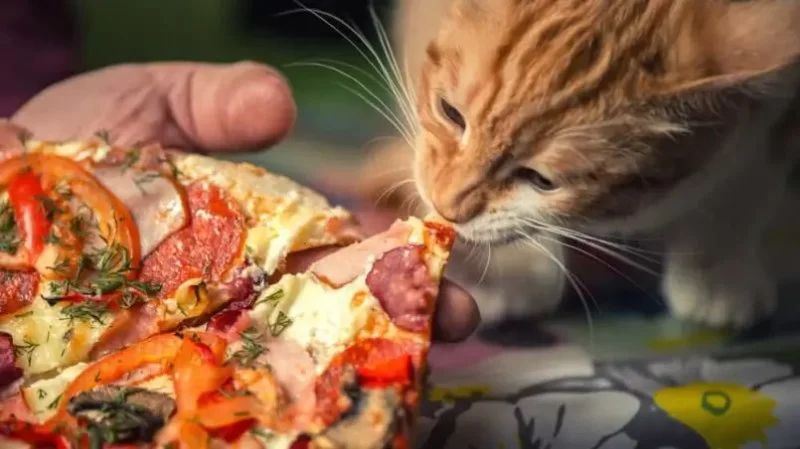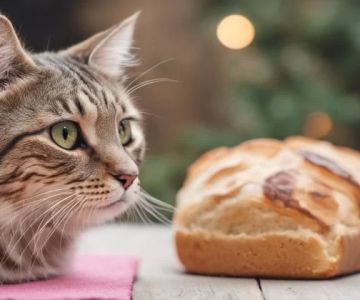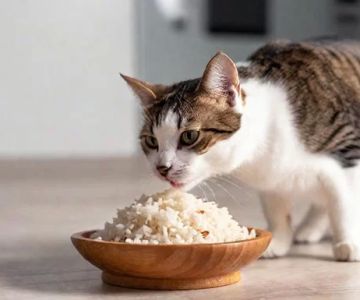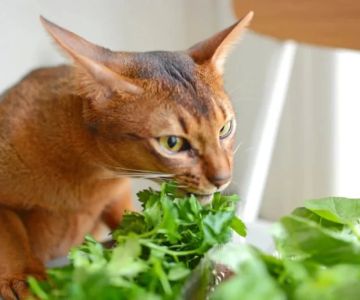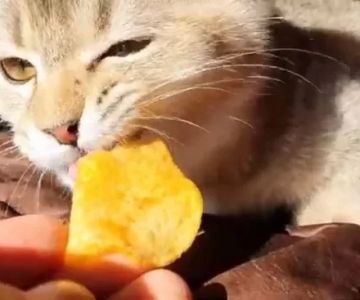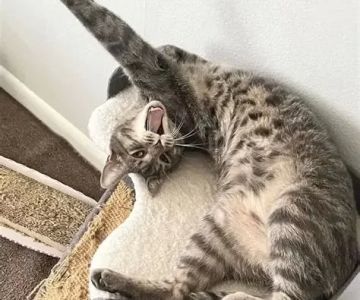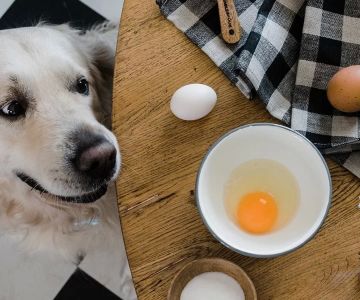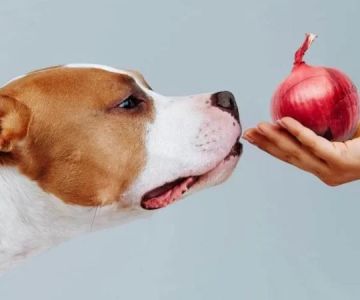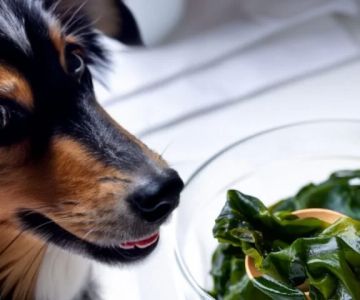- #1-can-cats-eat-pizza-an-honest-look-at-the-question
- #2-why-common-pizza-ingredients-are-dangerous-for-cats
- #3-what-happens-when-cats-eat-pizza-real-life-examples
- #4-healthy-alternatives-to-pizza-for-cats
- #5-professional-advice-from-hidden-brook-veterinary
- #6-how-to-prevent-your-cat-from-stealing-pizza
- #7-creating-a-safe-and-happy-diet-for-your-cat
1. Can Cats Eat Pizza? An Honest Look at the Question
Many pet owners have asked themselves, “Can cats eat pizza?” The short answer is no—pizza is not safe for cats. While it may seem harmless to share a bite of your favorite slice, the ingredients in pizza are not designed for feline digestion. Cats are obligate carnivores, meaning their bodies are built to process animal proteins, not processed dough, cheese, or heavy sauces.
Why Owners Get Tempted
It’s easy to understand why owners are tempted. Cats often sniff around the table when pizza is served, and their curiosity can be mistaken for craving. But a cat’s interest doesn’t mean it’s a healthy or safe choice.
2. Why Common Pizza Ingredients Are Dangerous for Cats
Pizza is loaded with ingredients that may harm cats. Cheese, while appealing, can cause digestive upset since many cats are lactose intolerant. Garlic and onions—common in sauces and seasonings—are toxic to felines and can damage red blood cells. Even fatty meats like pepperoni or sausage are packed with sodium and spices that stress a cat’s liver and kidneys.
Cheese and Dairy Risks
Although some cats tolerate small amounts of dairy, pizza cheese is too rich and fatty. Regular exposure can lead to obesity and gastrointestinal problems.
Sauces and Spices
Tomato-based sauces often contain garlic and onion powder, both of which are toxic. Even in small quantities, these ingredients can cause anemia in cats over time.
3. What Happens When Cats Eat Pizza? Real-Life Examples
Pet forums and veterinary case studies highlight common scenarios where cats sneak pizza. In one story, a cat ate leftover pepperoni and later experienced vomiting and lethargy, leading to an emergency vet visit. Another case involved a kitten licking cheese off a slice and suffering diarrhea for days. These stories remind us that even small tastes can cause big problems.
Behavioral Consequences
Feeding human food like pizza can also encourage begging behaviors. Once a cat learns that pizza is “rewarding,” they may become more persistent in stealing food from counters and plates.
4. Healthy Alternatives to Pizza for Cats
Instead of pizza, there are plenty of safe and satisfying treats for cats. Cooked, unseasoned chicken or turkey can provide the protein they crave without the risks. Some companies even make cat-friendly “pizza” snacks designed specifically for feline digestion, using safe ingredients like tuna flakes and catnip.
DIY Cat Treats
Owners can make homemade treats by baking small portions of plain salmon or creating freeze-dried chicken bites. These mimic the excitement of human food without the danger.
6. How to Prevent Your Cat from Stealing Pizza
Cats are clever and persistent, especially when food is involved. Keep pizza boxes closed, avoid leaving slices unattended, and train your cat with positive reinforcement to stay off tables. Providing alternative snacks during family pizza nights can also distract your pet from the temptation.
Creating Positive Associations
Offer a safe cat treat when you sit down for pizza. This way, your pet feels included without being exposed to harmful ingredients.
7. Creating a Safe and Happy Diet for Your Cat
While pizza is off-limits, there are countless ways to keep your cat’s diet exciting and satisfying. Balanced nutrition, safe treats, and occasional surprises keep pets healthy and happy. Avoiding harmful human foods like pizza is a small but crucial step in ensuring your feline lives a long, joyful life.
Final Note for Pet Owners
For tailored dietary advice and trusted pet care solutions, Hidden Brook Veterinary offers guidance and product recommendations that support your cat’s health every step of the way.

